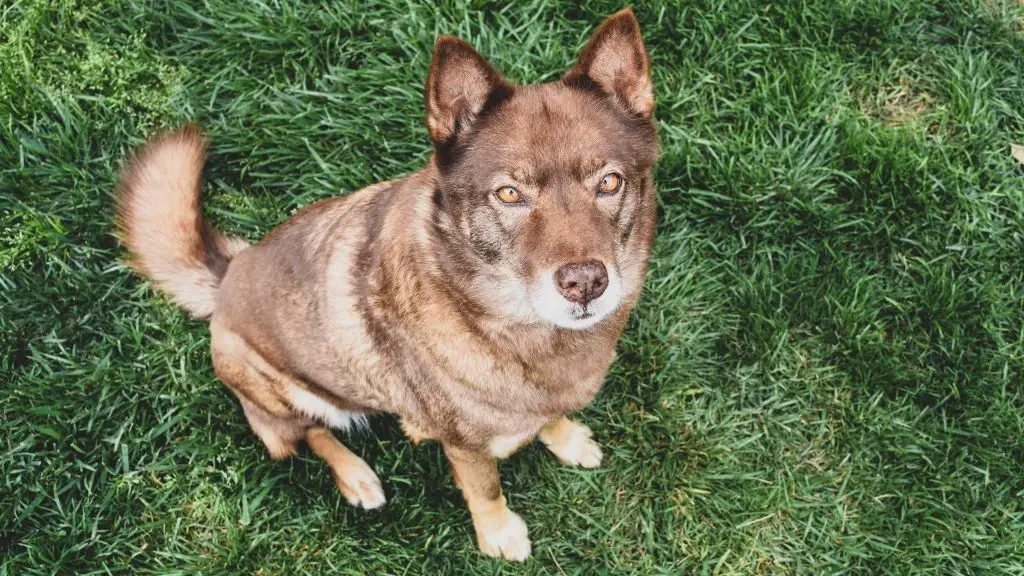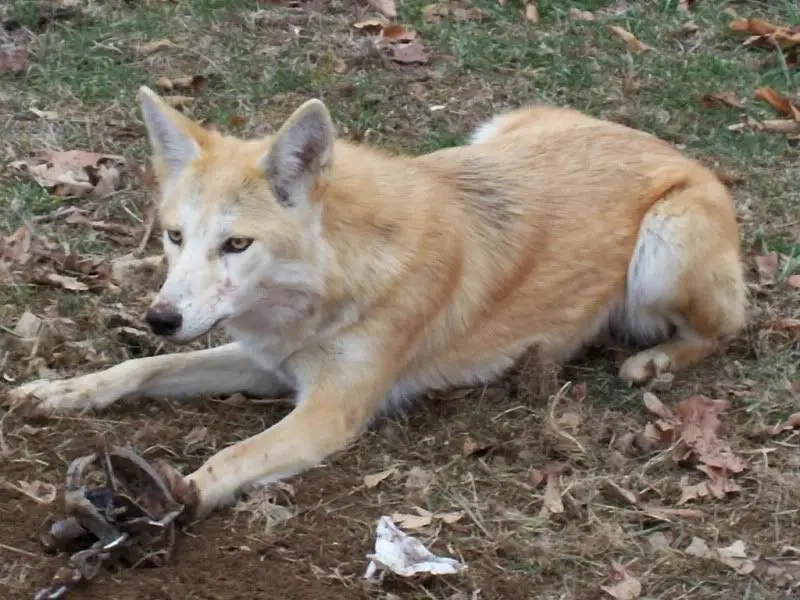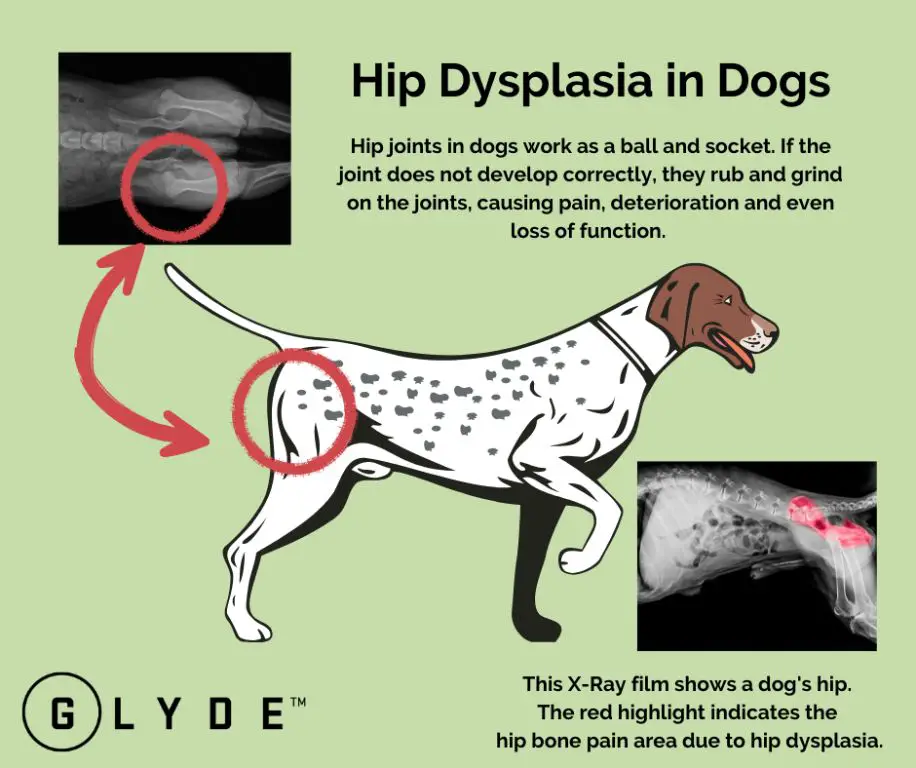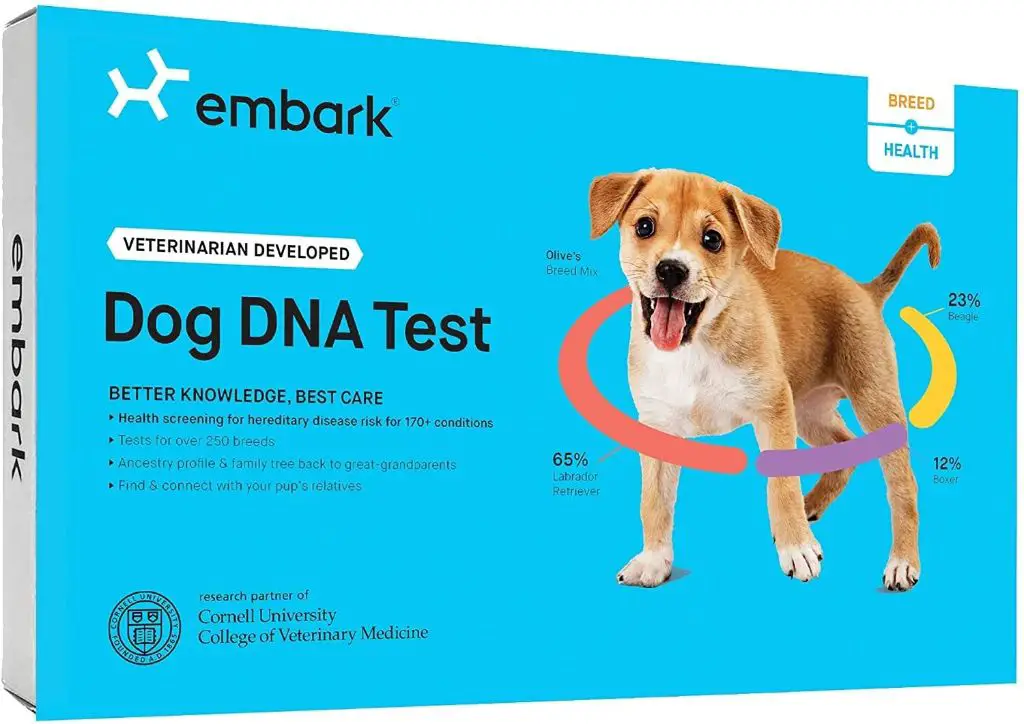Introduction
DNA tests have become increasingly popular for dog owners who want to gain insight into their pet’s breed background and genetic health risks. While most dogs are purely bred from domestic dog breeds, some may have recent ancestry from wild canines like wolves, coyotes, or foxes. Owners who notice unusual physical traits or behaviors may wonder if their dog has some genetic material from a wild canine ancestor.
One common question is whether a dog DNA test can detect coyote ancestry. Coydogs result from a coyote breeding with a domestic dog, and they exhibit a blend of traits from both lineages. Dog owners may be curious about coyote genes that could influence their pet’s appearance, personality, health or needs. DNA tests provide a way to screen for non-dog ancestry and determine if there’s any evidence of coyote in a dog’s lineage.
Can Dog DNA Tests Detect Coyote?
Yes, most dog DNA tests are able to detect coyote ancestry in a dog’s genetic makeup. This is because coyotes and dogs share much of the same genetic code. While they are considered separate species, coyotes and dogs can still produce viable offspring when interbred, known as coydogs.
Dog DNA tests work by scanning a dog’s genetic code for markers from different canine breeds and wild canids like wolves and coyotes. If a dog’s DNA contains genetic markers that match known coyote markers, the test will identify that the dog has coyote ancestry.
The level of coyote ancestry can usually be estimated as a percentage of the total genetic makeup. So a dog that is 50% coyote and 50% domestic dog breeds would show about 50% coyote ancestry from a DNA test.
However, most dog DNA tests cannot pinpoint exactly which coyote subspecies may be present in a dog’s ancestry. They can only identify the coyote ancestry in more general terms.
How Coyote Genes Enter the Dog Population
Coyote genes can enter the domestic dog population when coyotes breed with domestic dogs. This interbreeding produces coydog hybrids, which are a mix between a coyote and a dog. Intentionally breeding coyotes with domestic dogs was historically done by some breeders seeking to introduce perceived wild traits or appearances into dog breeds. However, most coydog hybrids today are the result of accidental or opportunistic breeding between coyotes and uncontrolled domestic dogs.

Coyotes will mate with domestic dogs when their territories overlap. This is most common in rural areas where uncontrolled domestic dogs live around the peripheries of coyote habitats. Female domestic dogs in heat can also attract male coyotes to breed with them. Additionally, some irresponsible dog owners intentionally breed their female dogs with coyotes, seeking to create coydog puppies. They believe coydog hybrids possess wolf-like appearances with perceived behavioral traits like independence, wariness of strangers, strong prey drive, and protectiveness.
The intentional hybridization of coyotes and dogs is controversial and often considered unethical. Coydogs can be challenging to control and socialize due to their wild parentage. They present risks to people, pets, livestock, and native wildlife if not properly contained. Laws also regulate or ban the possession of coydogs in many areas. Reputable dog breeders do not intentionally hybridize dogs with coyotes.
Prevalence of Coydog Hybrids
Coydog hybrids are more common than many dog owners realize. While reliable statistics are difficult to find, some estimates suggest that coydogs may make up 1-2% of the overall dog population in the United States. That means that there are likely thousands, if not tens of thousands, of coydogs living in homes across the country.
Coydogs are especially prevalent in more rural areas where there is greater interaction between coyotes in the wild and domesticated dogs. The highest concentrations of coydogs are found in the Midwest, Texas, the Southeast, and the Northeast regions. Owners in these regions are most likely to obtain a dog that has some level of coyote genes.
Even in more urban areas, the proliferation of coyotes into suburban neighborhoods can result in more opportunities for them to breed with domesticated dogs. So while less common in cities, coydogs can still occur anywhere coyotes live in proximity to dogs.
Overall, coydog hybrids are not unusual, though many owners may be unaware their pet has coyote ancestry. With the expansion of coyote territories across North America, coydogs are likely to become even more commonplace in the decades to come.
Legality of Owning Coydogs
Coydogs are considered hybrids of domesticated dogs and coyotes. Their legal status depends on where you live and local regulations regarding hybrid canines. Some states have very strict laws prohibiting ownership of coydogs, while others have no coyote hybrid bans.
Many states classify coydogs and other coyote hybrids as wild animals or exotic pets. For example, California prohibits possession of wild animals, including coydog crosses, as pets under the state’s Fish and Game Code. Only zoos or research institutions with proper permits can legally own coyotes or coyote hybrids in California.
Some states like Texas allow ownership but regulate coydogs as dangerous wild animals. Owners must adhere to containment requirements, registration, liability insurance, and permit regulations. Other states simply ban ownership of wolf and coyote hybrids outright.

Local county and city laws may also prohibit owning coydogs, even if not banned at the state level. So it’s important to carefully research the legality in your specific area before considering a coydog.
Additionally, crossbreeding dogs and coyotes is illegal in many states. Anti-hybrid breeding laws are intended to protect wild coyote populations. So even in places allowing coydog ownership, their intentional breeding remains banned.
Behavioral Traits of Coydogs
Coydogs tend to have a unique mix of dog and coyote personality traits. They are often described as displaying more “wild” behaviors than typical domesticated dogs.
Coydogs are usually more timid and skittish around humans than dogs. They tend to be independent, intelligent, and curious. Coydogs have strong natural instincts to roam, hunt, and protect their territory. They can be aloof with strangers but very affectionate and loyal with their family and owners.
Coydogs need ample daily exercise and mental stimulation. Bored coydogs may resort to destructive behaviors like digging and chewing. A large, fenced yard is ideal to accommodate their high activity levels. Coydogs should be leash walked daily and provided with interactive toys.
Due to their natural wariness, coydogs require extensive socialization from an early age. With proper training, they can be very well-behaved and adapt well to family living. However, they tend to remain more reserved around strangers compared to domesticated dogs.
Coydogs are intelligent and independent thinkers. Positive reinforcement training is most effective with them. They will test boundaries and require a confident owner who can establish themselves as the leader of the pack.
With their high energy needs, wariness of strangers, and strong instincts, coydogs are not ideal pets for first-time dog owners. But for owners able to accommodate their unique personality traits, coydogs can make very rewarding companions.
Health and Care of Coydogs
Coydogs have some unique health and care requirements compared to domesticated dogs. As hybrids of dogs and coyotes, they tend to be healthier than purebred dogs but may have some increased health risks.
Some of the common health issues seen in coydogs include:
- Hip dysplasia – This is an inherited condition that leads to joint problems and arthritis.
- Ear infections – Their upright, wide-set ears are prone to infections.
- Dental disease – Coyotes and dogs are prone to periodontal disease.
- Heartworms – If not on preventatives, they are at risk of heartworm disease.

It’s important to provide vet care for coydogs to stay up-to-date on preventative medicine. Their diet should include a high-quality commercial or raw food diet resembling their ancestral wild diet. Since coydogs have a strong prey drive, exercise via play time, walks or runs should be provided daily. A securely fenced yard is a must to prevent roaming and chasing prey. While socialization and training from a young age is ideal, their inherited wild traits make them less trainable than domesticated dogs. Overall, they require owners prepared to meet their energetic, intelligent and complex needs. With proper care, most coydogs can live a happy and healthy life.
Limitations of Dog DNA Tests
While dog DNA tests can identify coyote ancestry in many cases, they do have some limitations in detecting low levels of coyote DNA. Coydog hybrids are created by breeding a dog with a coyote, but this does not always result in an even 50/50 split of DNA. Depending on how many generations back the coyote ancestor is, the amount of coyote DNA can be very small.
Most dog DNA tests compare your dog’s genetic markers against a database of various breeds and wild canids like wolves and coyotes. If your dog has purebred parents going back several generations, the test is less likely to detect minute traces of coyote DNA from a distant ancestor. The farther back the coyote is in your dog’s ancestry, the less coyote DNA has been passed down.
Additionally, some DNA tests only screen for certain genetic markers associated with coyotes. If your dog happens to not inherit those specific markers, the test may not detect the presence of coyote ancestry. Unless the test sequences the entire dog genome, it’s possible for some coyote DNA to be missed.
In summary, while modern dog DNA tests are quite accurate, they cannot definitively rule out trace amounts of coyote ancestry, especially if the coyote DNA is from generations back in your dog’s lineage.
DNA Testing Recommendations
When choosing a dog DNA test, look for one that tests against a large database of breeds and has a history of reliable results. Wisdom Panel, Embark, and HomeDNA are all reputable companies that geneticists helped develop. Consider the number of breeds in the database, since the more breeds covered, the more accurate the results. Many tests now screen for genetic health issues too. Opt for the most comprehensive breed, ancestry and health screening you can find.
Look for a dog DNA test that breaks down percentages of each breed in your dog’s ancestry. Some tests only pinpoint a few breeds. For detecting coyote content specifically, choose a test with coyote signatures in its breed database. Embark and Wisdom Panel both have coyote in their breed libraries. Cross-check results from more than one brand to verify accuracy.

While dog DNA tests are helpful for uncovering coyote content, they have limitations. No test can detect every breed perfectly or find every trace of ancestry. Focus less on the exact percentage of coyote and more on understanding your dog’s behaviors. Let DNA be a starting point for providing your coydog the best care.
Conclusion
In summary, some dog DNA tests can detect coyote ancestry in modern dogs. But the extent to which they can identify coyote genetics depends on the specific test. Some tests only scan for wolf content, while more extensive panels check for coyote as well. The prevalence of coydog hybrids is relatively low, though pockets of coydogs exist in certain areas. Coydogs exhibit various physical and behavioral traits from their coyote parentage, which can make owning them challenging. But with proper socialization and containment, many coydogs can make suitable pets. If you suspect your dog may have some coyote content, DNA testing can help clarify its genetic background.
Overall, DNA testing can determine if a dog has coyote content but has limitations in detecting low coyote ancestry. The most accurate results come from testing that scans for both wolf and coyote genetic markers. With supportive care, coydogs can thrive as family pets. But take care to provide proper containment, training, and outlets for their high energy and cunning nature.